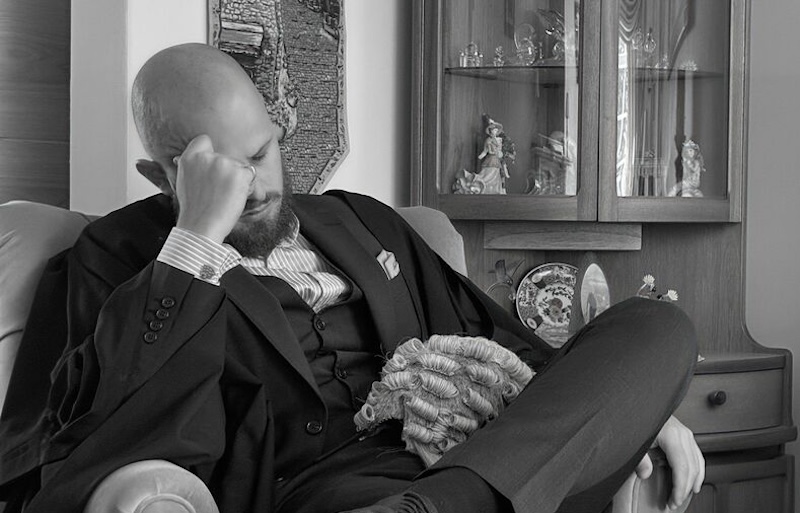Taz Aldeek says he wants to start ‘living for today’

A YouTubing junior barrister has gone public with his decision to quit his job as a prosecutor after two years.
Legal Cheek readers may recognise Sheffield Uni law graduate Taz Aldeek, who until recently was an advocate for the Crown Prosecution Service (CPS). We spotlighted him in 2023 as a lawfluencer to watch, thanks to his popular YouTube channel, where he shares everything from pupillage application tips to insights into life as a barrister.
But Aldeek has now taken to LinkedIn to reveal he’s quit his “childhood dream” after deciding to “to put myself and not the job first”.
In a candid post, the 31-year-old explained how he had “spent [his] 20s chasing what felt like an impossible goal, only to achieve it and decide to walk away less than two years into the role”.
Aldeek reflected on his time as a prosecutor, saying he “loved being a prosecutor, working alongside truly passionate professionals within the criminal justice system”, and that “advocating for victims of crime, in court, gave me a deep sense of fulfilment”.
But the demands of life at the criminal bar soon took their toll. The work, he admitted, was “all consuming”, leaving little room for friends, family, or rest.“Towards the end I was tired of living a career centric life where I was always on the clock, early starts, late finishes, sacrificing evenings & weekends,” he wrote.
After “several months of mental tug of war”, Aldeek said he realised he needed to reprioritise, choosing happiness as his guiding factor. “Letting go was necessary to create space for other areas of my life to flourish,” he said. “It also meant a fundamental change in thinking and moving away from working for tomorrow to start living for today.”
Despite his decision, Aldeek stressed that being a criminal barrister “will always be one of the highest honours of my life” and paid tribute to colleagues “fighting for justice each and every day, often at great personal and professional sacrifice, in the face of harrowing conditions, inside a system on the brink of collapse”.
Looking ahead, he described the future as “uncertain but that’s ok”, adding that “the unknown is the perfect place to find something new and to begin the process of redirection”.
Aldeek’s post triggered an outpouring of support. “You pursued your dream and achieved it,” wrote criminal lawyer Paige Tugby. “It is sad to hear you’re leaving the criminal bar, however, you have inspired so many and should be incredibly proud.”
“Hearing all of the grief that comes with stepping away from something you’ve loved and come to identify with so deeply,” another added. “Excited to see how this next chapter unfolds.”
The challenges of working at the criminal bar are well documented. Research earlier this year found that one in three criminal barristers are seriously considering leaving, citing financial pressures, long and stressful hours, and increasing administrative burdens as key concerns.
 (
( (
(

